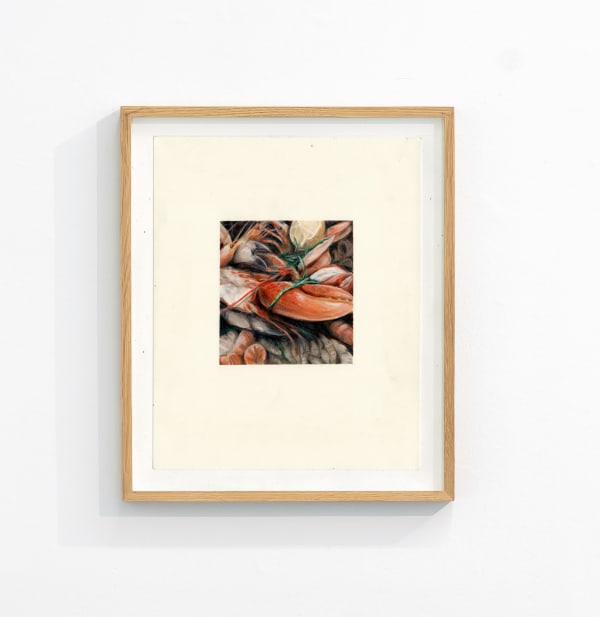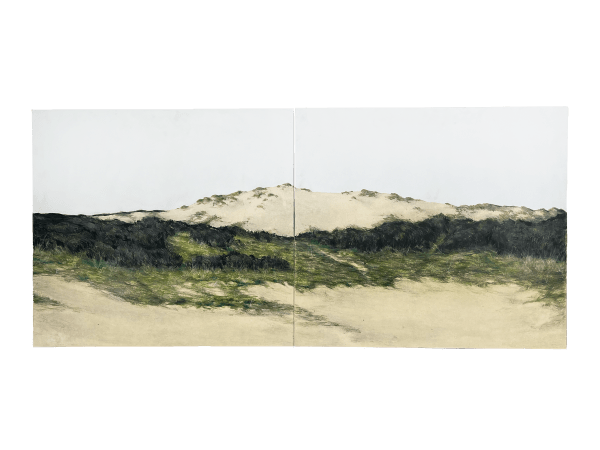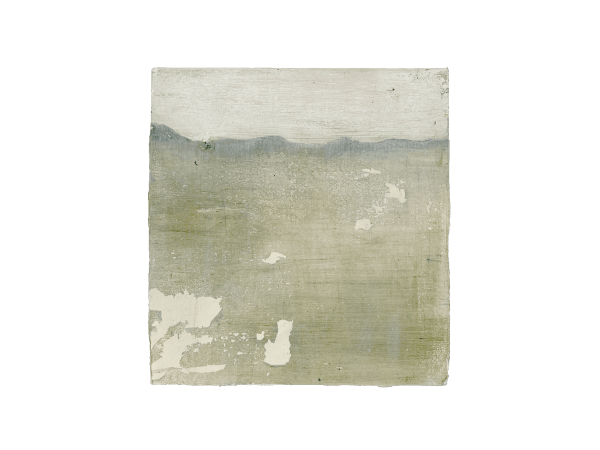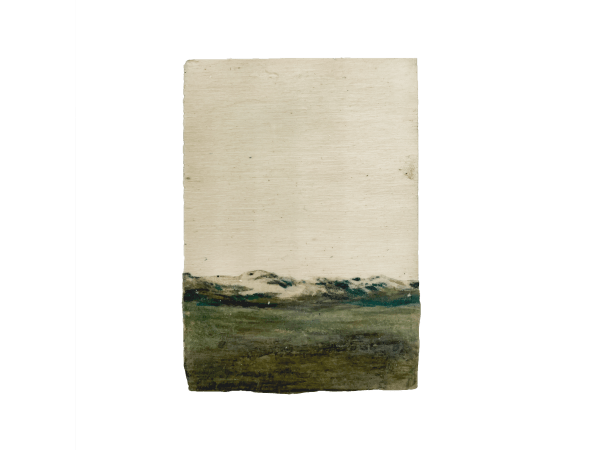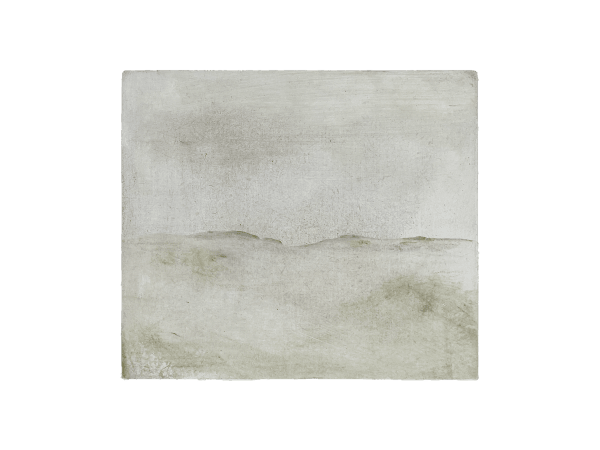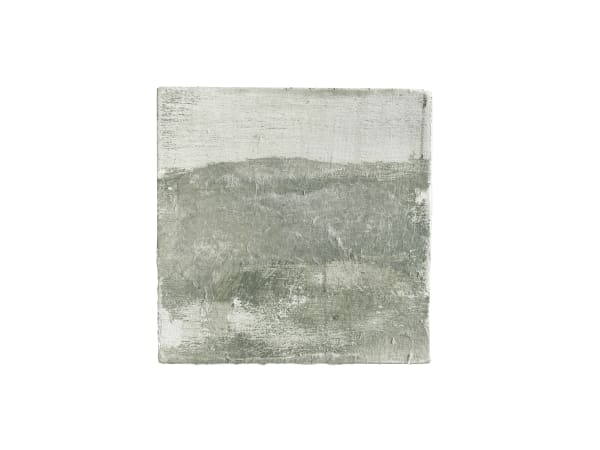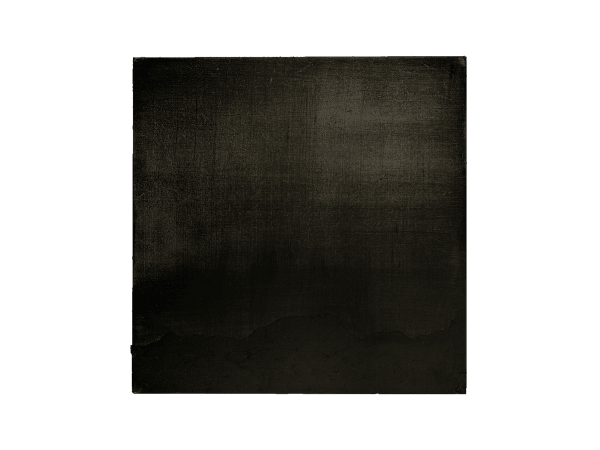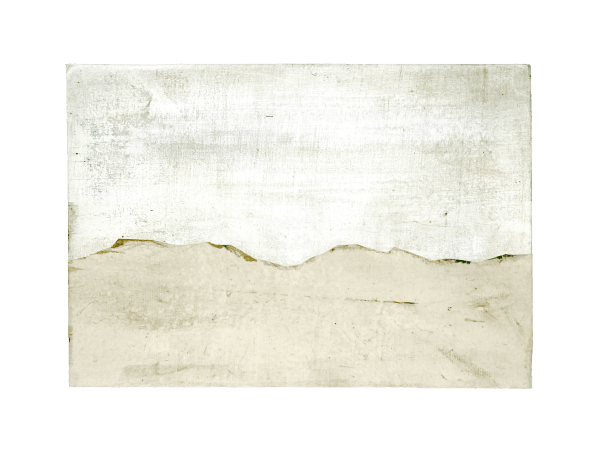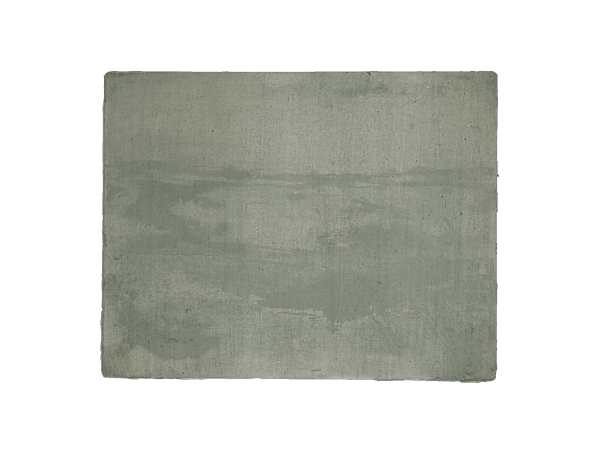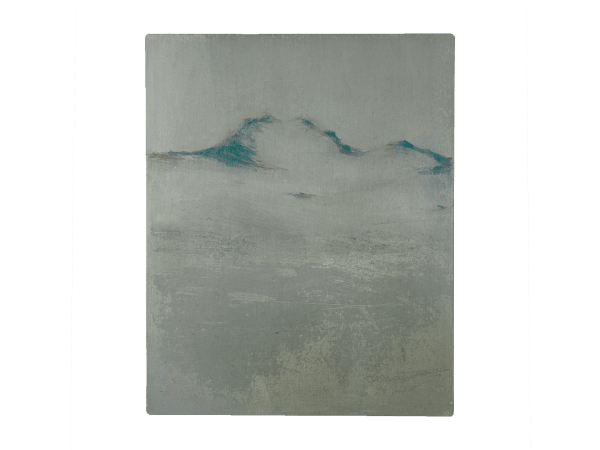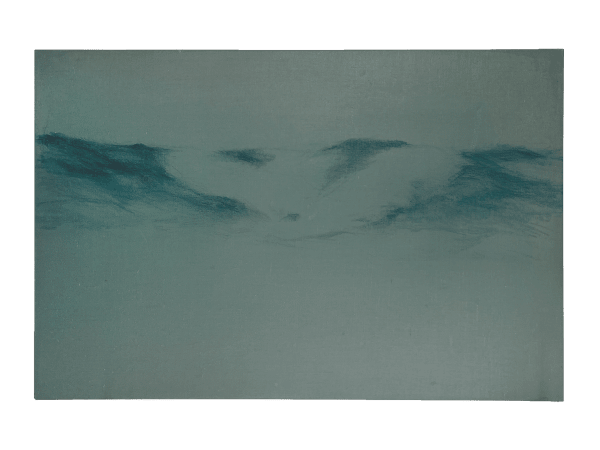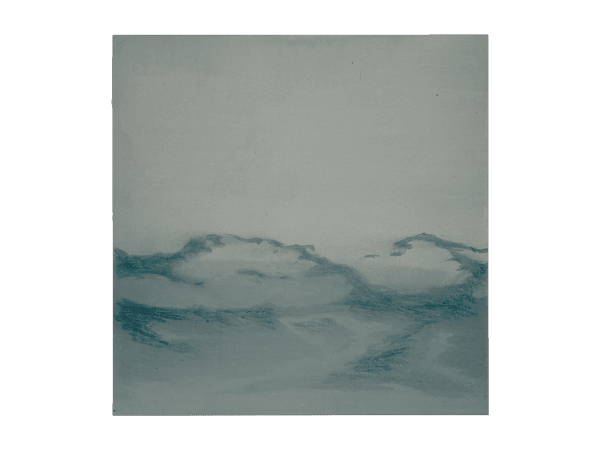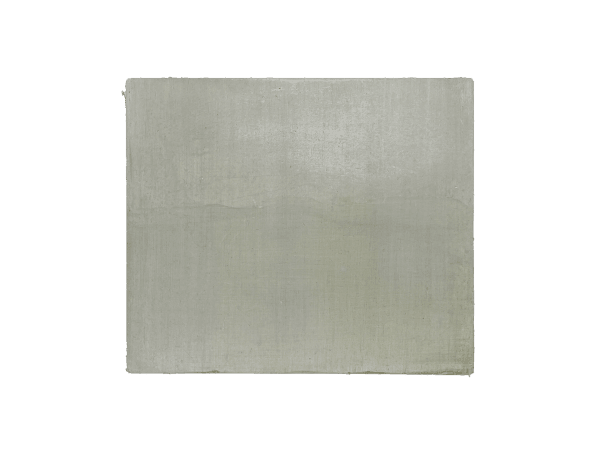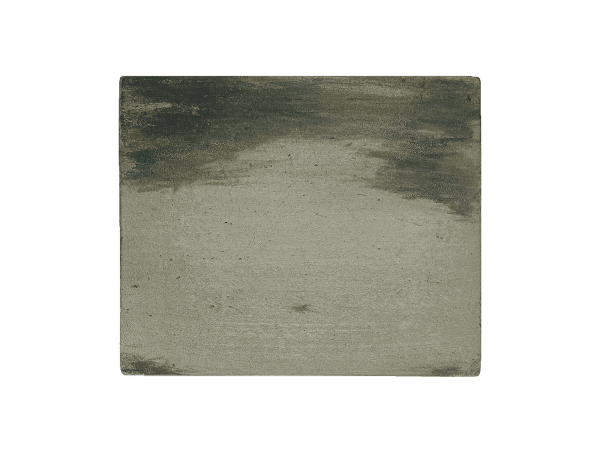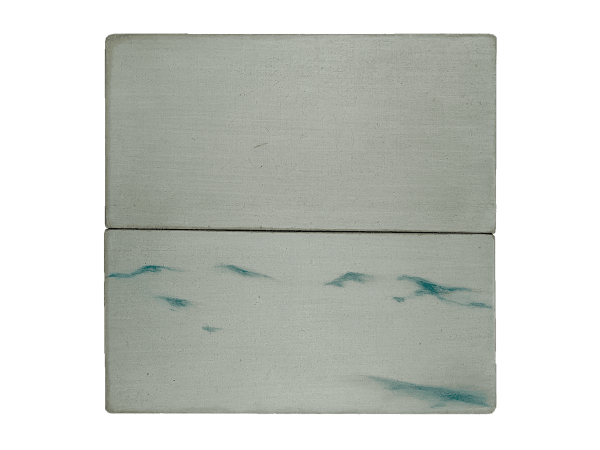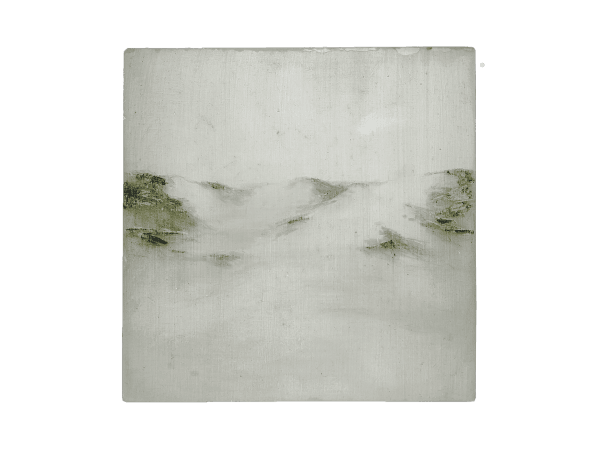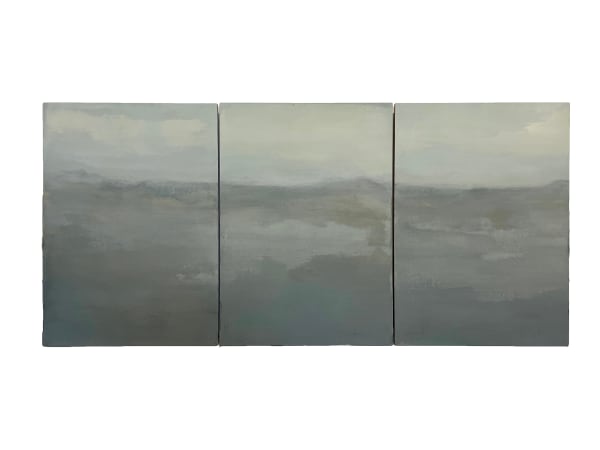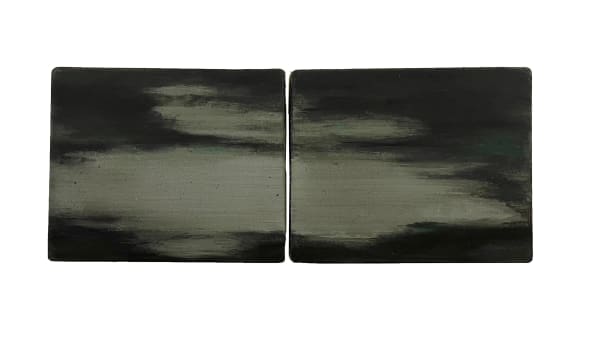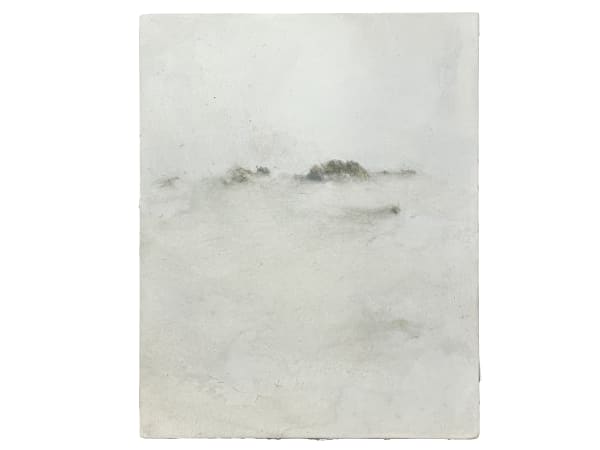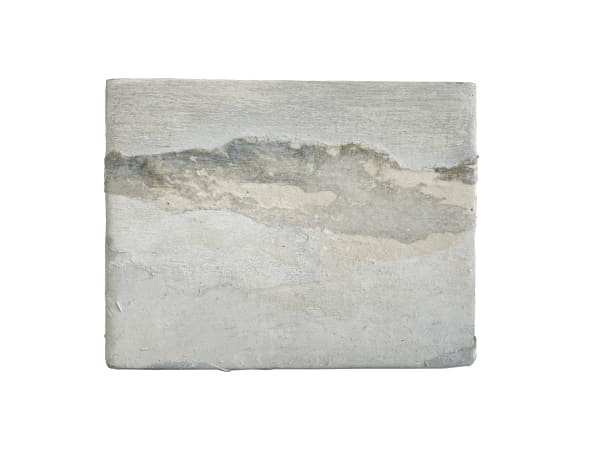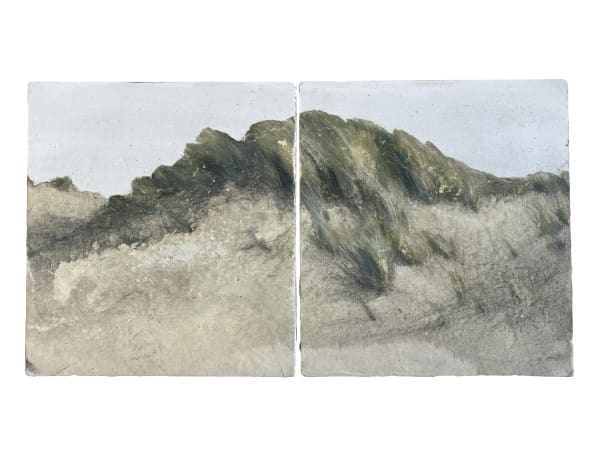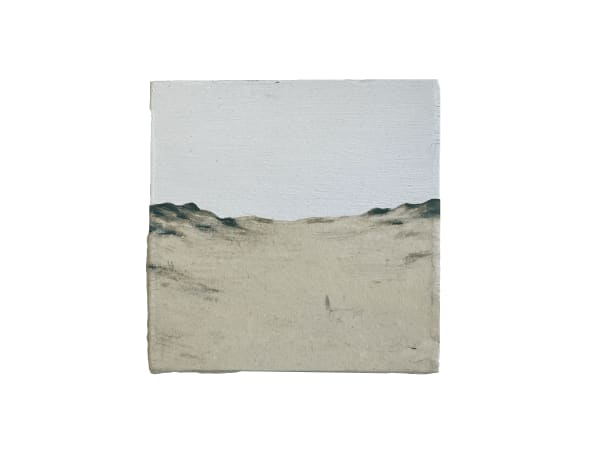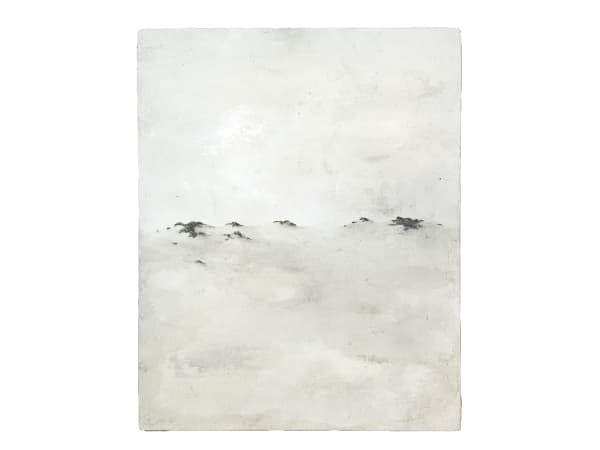Penelope Deltour
Since childhood, Penelope Deltour has spent a lot of time by the sea. Early on, this environment nestled itself as a safe haven in her memory. The amazement she experiences time and again when she sees the endless distances and panoramic dune views - seemingly not allowing themselves to be dictated by humanity - always tell a new (his)story. The artist is fascinated by this horizon that offers her a literal and allusive perspective, slowing down time and space in our turbulent world.
Through the image of the dune, which is the starting point of Deltour's observation and research series, she wants to bring the dunes to life. The soft sand colors in cohesion with the greenish mosses and grasses, as well as the play of light, captivate her. These tones and shades are created at her drawing table through a combo of gesso, pigment and pencil. She explores the limits of what she can draw, which produces a wave of new discoveries and interpretations. Starting from a wooden panel the artist works through construction versus deconstruction, layer upon layer. Even sandpaper does not escape her artistic research. In each work, a tension between figuration and abstraction is created and molded into an imaginary reality.
The works are intentionally unframed, so everything around remains (further) alive. Penelope takes, as it were, une pièce from the panorama of the dunes. In her diptychs, she tries to fragment reality even more: the line that forms between the individual panels breaks up the image and gives extra tranquility, making it easier to (comprehend) the image. The works are restlessly made, with a lot of expression, in which the artist likes to let chance play a role. The end result brings both her and the viewer peace (of mind).
In addition to the series with dune views, Deltour also presents "daily small fortunes. These drawings suggest an almost tangible vulnerability. In these minimal poetic-realist works, she also reacts to the speed with which life rushes by. This rest(ing)-on-paper series, is for the artist an (escape) reaction. Because dreaming on paper is allowed.
(Hilde Van Canneyt)




